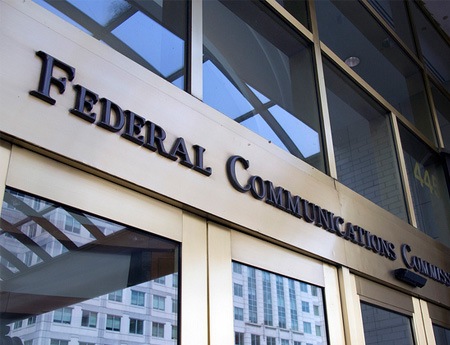Kanojia Gave FCC's Wheeler Heads up About Starry
The smarter way to stay on top of the multichannel video marketplace. Sign up below.
You are now subscribed
Your newsletter sign-up was successful

FCC Chairman Tom Wheeler said this week that former Aereo founder Chet Kanojia talked to him about his planned Starry competitive wireless Internet access service at the Consumer Electronics Show earlier this month in Las Vegas and the chairman's response was that he was for "competition, competition, competition."
Wheeler talked about the exchange at a press conference following the FCC's Jan. 28 public meeting.
Kanojia unveiled the service this week, which will use so-called millimeter wave bands (above 24 GHZ) to deliver Internet over-the-air from rooftop transmitters (Kanojia is the one who tried to upend the broadcast TV distribution model with mini-antennas, now he is taking on traditional ISPs).
Wheeler said he understood Kanojia may need some waivers to operate in the 38 GHz high-frequency band and the FCC would "look at that appropriately."
The FCC is currently seeking comment on opening up those higher-frequency bands above 24 GHz for wireless broadband and is being pushed to allow for multiple uses on multiple platforms.
On the Internet competition front, using airwaves for Internet access via satellite has yet to reach the 25 Mbps downstream/4 Mbps upstream high-speed threshold that even gets it on the radar when the FCC is looking at broadband deployment.
But using the high-frequency bands, Starry is looking to deliver up to one gig, which would make it competitive with Google Fiber, though Starry points out its buildout costs are a fraction of putting fiber in ditches and on poles.
The smarter way to stay on top of the multichannel video marketplace. Sign up below.
Asked how the 24 GHz proceeding could help Kanojia's plans, Wheeler said that they key concept in the proceeding was the transition from analog to digital and the ability to slice and dice the spectrum in new and creative ways. "We have always divvied up the spectrum allocation chart based on analog assumptions and 'this is the size of the waveform' [that
phrase was delivered in a sing-song suggesting repeating something by rote]. you get one signal through that space. Now you can get a bunch. That is the kind of decision we are making," though he added that he did not know how that would affect Kanojia's plans.
Contributing editor John Eggerton has been an editor and/or writer on media regulation, legislation and policy for over four decades, including covering the FCC, FTC, Congress, the major media trade associations, and the federal courts. In addition to Multichannel News and Broadcasting + Cable, his work has appeared in Radio World, TV Technology, TV Fax, This Week in Consumer Electronics, Variety and the Encyclopedia Britannica.

